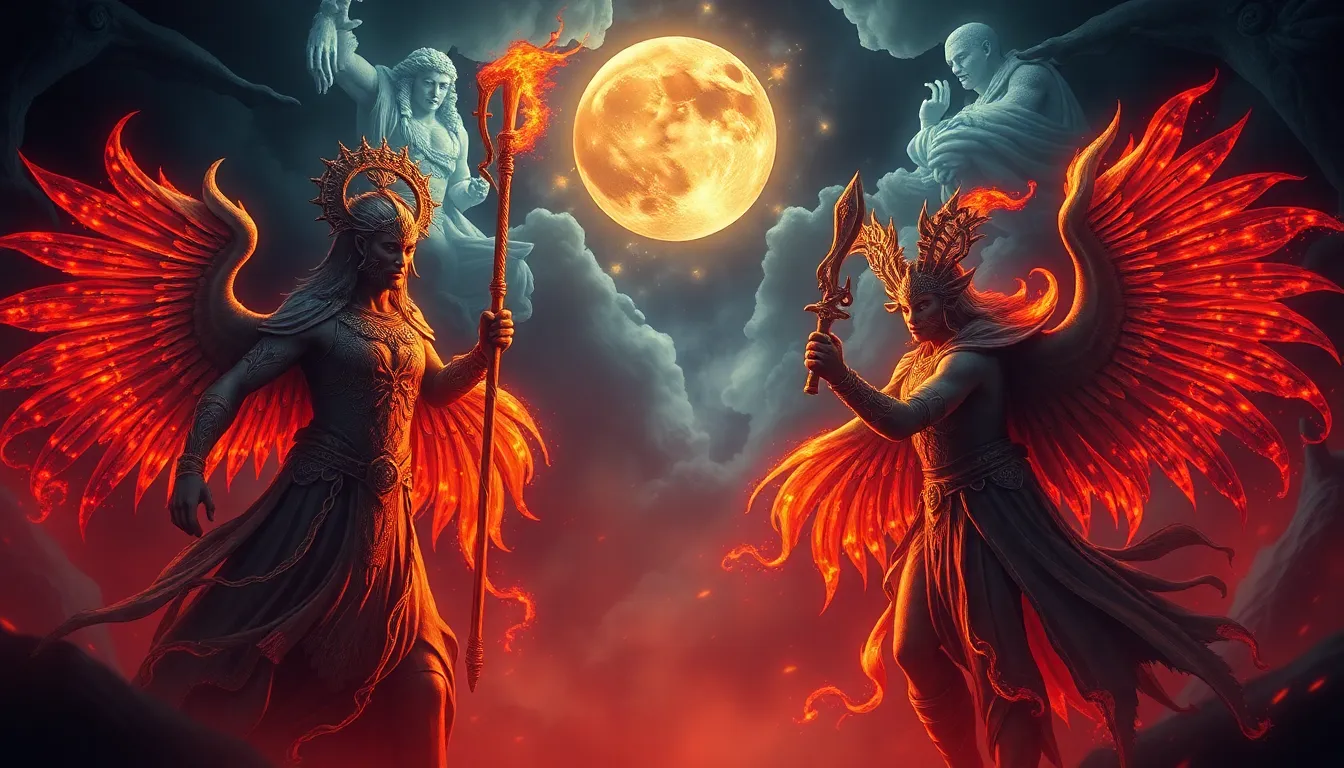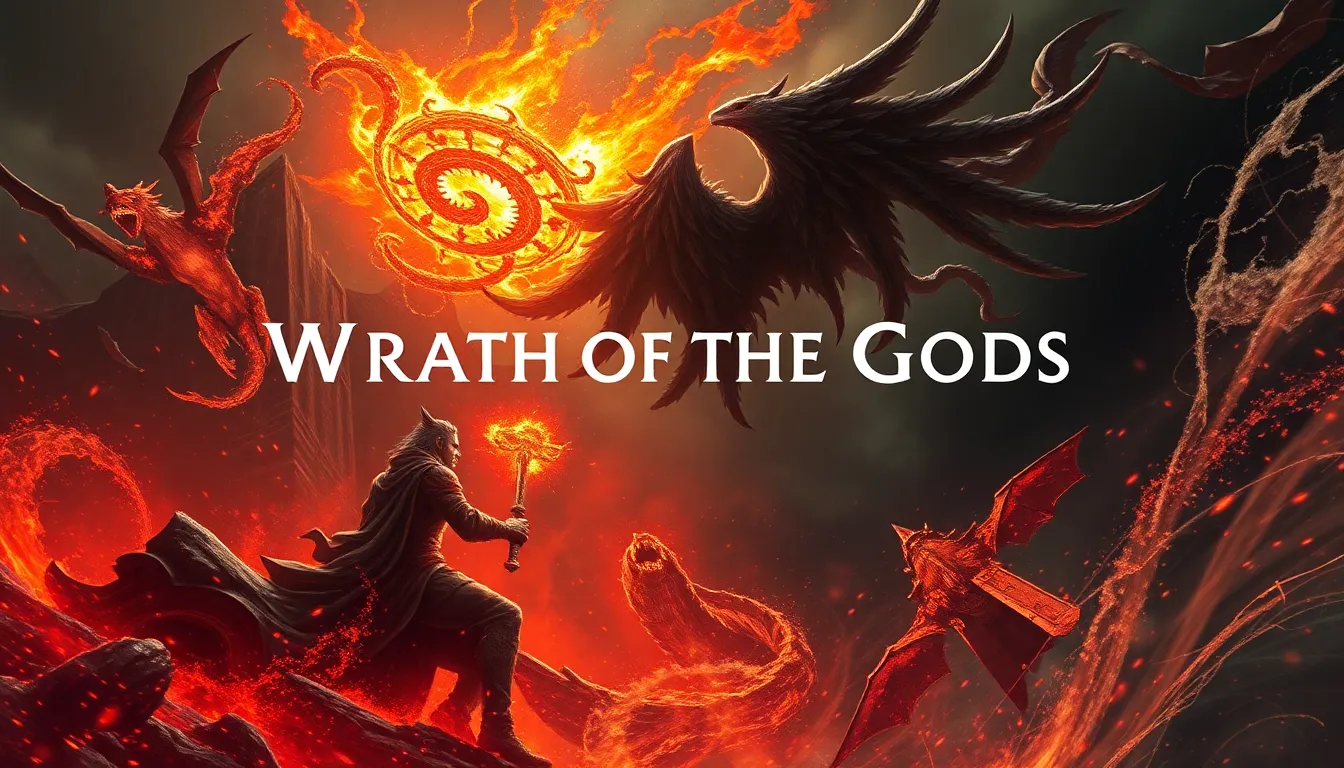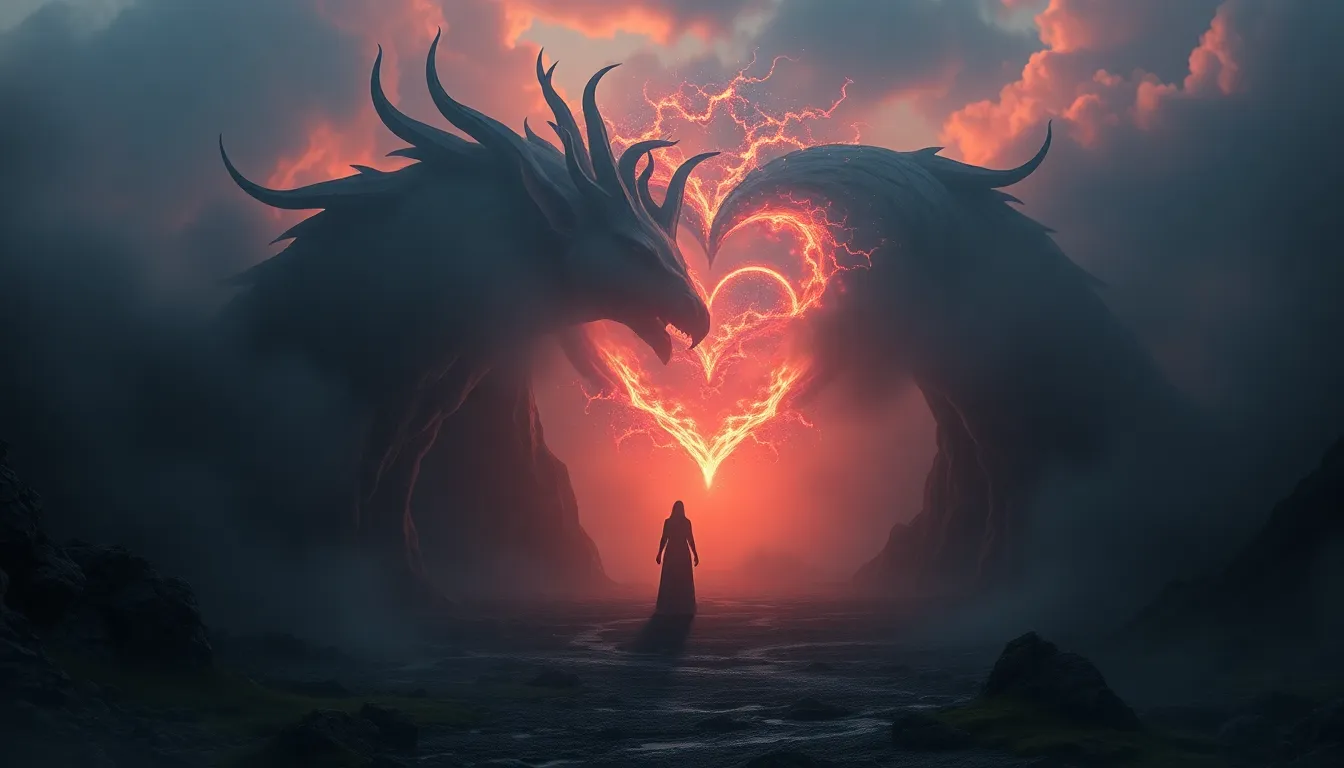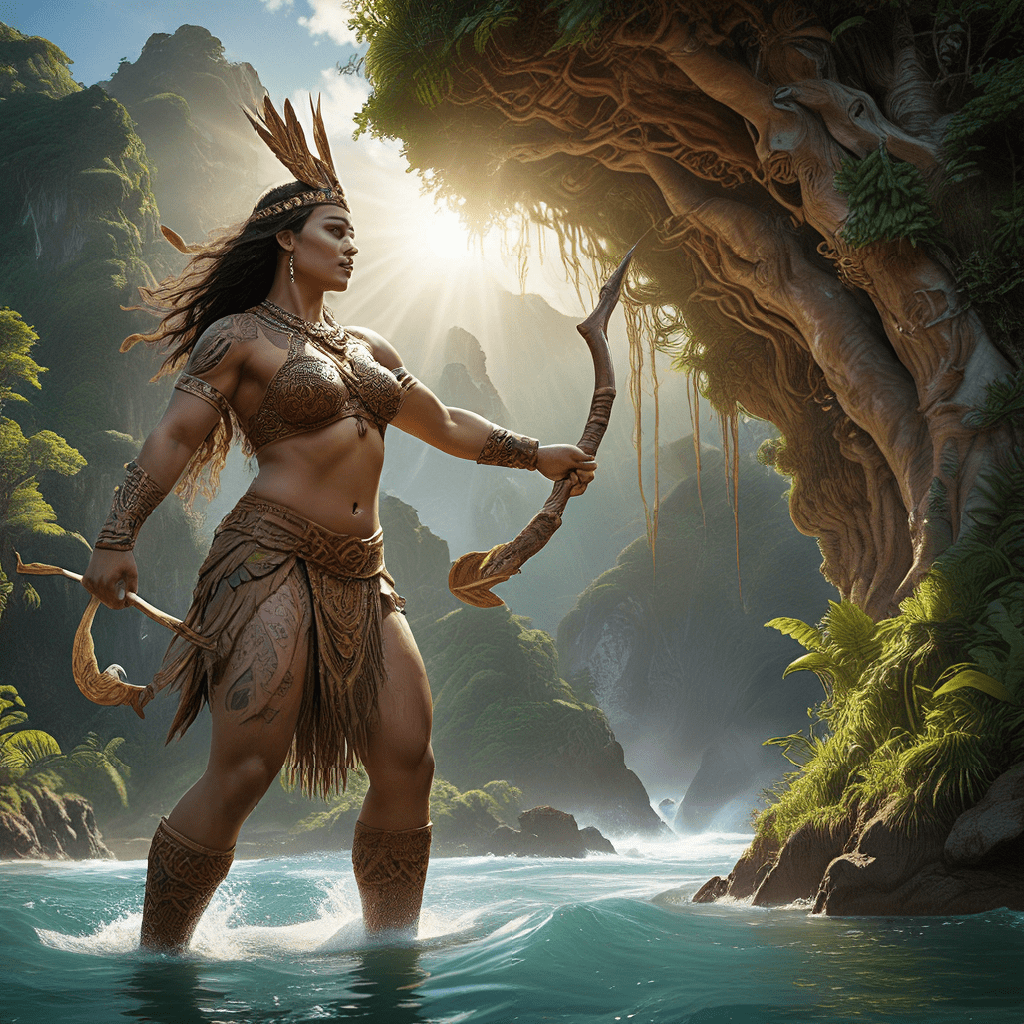Cultural Hero Myths: The Legends That Define Our Humanity
I. Introduction
Cultural hero myths are narratives that celebrate extraordinary individuals who embody the values, struggles, and aspirations of a society. These myths often serve as templates for understanding human experience, inspiring individuals and communities alike.
The importance of hero myths lies in their ability to shape human identity and provide a framework through which we interpret our lives and the world around us. They are not merely stories of valor but also reflections of the cultures that create them.
This article aims to explore the origins, psychological significance, cultural variations, modern adaptations, and the future of hero myths. We will also reflect on their role in shaping social values and the critiques they often face.
II. The Origins of Hero Myths
The historical context of hero myths reveals a rich tapestry of storytelling across diverse cultures. From the ancient epics of Gilgamesh in Mesopotamia to the tales of Hercules in Greek mythology, hero myths have existed in various forms and functions.
Oral tradition played a pivotal role in myth-making, where stories were passed down through generations, evolving with each retelling. This practice ensured that the myths remained relevant to the cultural context of their audience.
Common themes and archetypes emerge from early hero myths, including:
- The hero’s journey or quest
- The struggle against evil or adversities
- Transformation and growth
- The hero’s return and its impact on the community
III. The Psychological Significance of Hero Myths
Psychologically, hero myths resonate deeply within the human psyche. Carl Jung’s theory of the Collective Unconscious suggests that these myths tap into shared human experiences, archetypes, and symbols that transcend individual cultures.
Hero myths fulfill fundamental human desires and fears, such as the yearning for greatness, the struggle against chaos, and the quest for identity. They offer narratives that help individuals navigate personal challenges and societal expectations.
Moreover, hero myths are instrumental in personal and societal transformation. They inspire individuals to rise above their circumstances and encourage communities to strive for collective betterment.
IV. Cultural Variations of Hero Myths
A comparative analysis of hero myths reveals both unique characteristics and commonalities across cultures:
- Greek Myths: Heroes like Achilles and Odysseus exemplify bravery and cunning, often facing gods and monsters.
- Indian Epics: Figures like Rama and Krishna showcase the moral complexities of duty and righteousness.
- African Legends: Heroes such as Anansi the Spider embody ingenuity and wisdom, often teaching important life lessons.
The impact of geography and environment on hero narratives is significant. For instance, coastal cultures may focus on maritime heroes, while agrarian societies might celebrate heroes connected to the land.
V. Modern Adaptations of Hero Myths
Contemporary media, including films, literature, and video games, reinterpret hero myths to resonate with modern audiences. These adaptations often reflect current societal values and challenges.
Case studies of popular modern heroes reveal their mythological roots:
- Superman: A classic example of the alien hero who embodies hope and justice.
- Wonder Woman: A feminist icon who redefines heroism through strength and compassion.
- Harry Potter: A coming-of-age hero who battles against dark forces, paralleling ancient hero narratives.
The significance of these adaptations lies in their ability to inspire new generations and address contemporary issues such as equality, justice, and identity.
VI. The Role of Hero Myths in Social Values and Morality
Hero myths convey cultural values and ethical lessons, serving as moral compasses for societies. They often illustrate the consequences of actions, providing models for virtuous behavior.
The influence of hero myths extends to societal norms and behaviors, shaping public perceptions of right and wrong. For example, stories of self-sacrifice and bravery can inspire acts of courage in everyday life.
Moreover, hero myths hold the potential to inspire social change by highlighting injustices and calling for action, as seen in the narratives surrounding historical figures like Martin Luther King Jr. and Nelson Mandela.
VII. Critiques of Hero Myths
While hero myths can be uplifting, there are dangers in idealizing heroes and oversimplifying complex narratives. This can lead to unrealistic expectations and the glorification of flawed individuals.
Critiques often examine the problematic aspects of certain hero myths, such as:
- Colonialism: Heroes who perpetuate colonial narratives may be viewed as problematic.
- Gender roles: Traditional hero myths often reinforce stereotypes that limit representations of women and marginalized groups.
Reimagining hero myths to be more inclusive and diverse is essential for creating narratives that reflect the complexity of human experience.
VIII. The Future of Hero Myths
As we move into a globalized world, emerging themes and heroes are beginning to take center stage. New narratives are evolving to reflect the diverse experiences of people worldwide.
The influence of technology on the evolution of hero narratives is profound. Digital storytelling, social media, and interactive experiences are reshaping how hero myths are created and consumed.
Furthermore, new myths have the potential to address contemporary issues such as climate change and social justice, offering pathways for collective action and hope.
IX. Personal Reflections on Hero Myths
Each individual’s experience plays a crucial role in shaping their personal hero narratives. Reflecting on who our heroes are and what they represent can lead to profound insights about our values and aspirations.
Encouraging readers to identify their own heroes can foster a sense of connection and community, as these figures often embody the ideals we strive for.
Ultimately, the importance of storytelling in personal growth and community building cannot be overstated. Hero myths, whether ancient or modern, continue to inspire and shape our understanding of what it means to be human.



